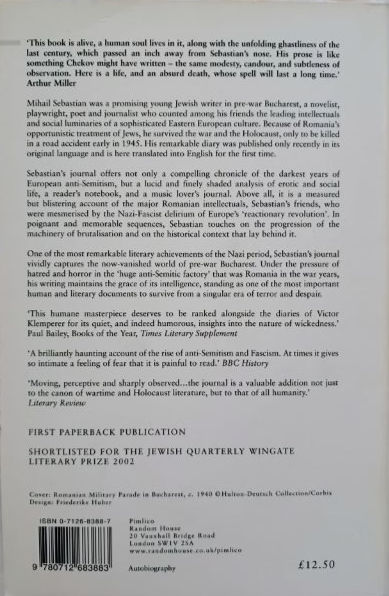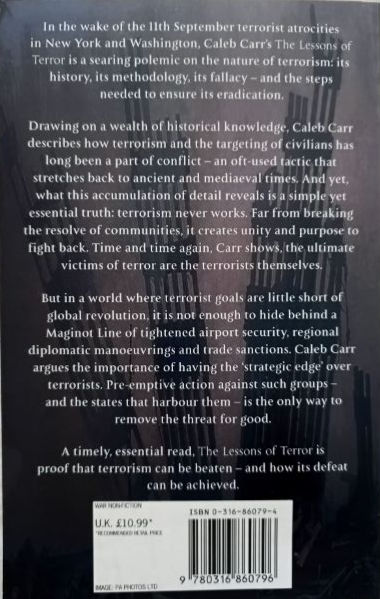Air Power Development Centre #28: Decision Superiority: An Air Force Concept Paper (2008)
Chief of Air Force’s policy regarding the concept of ‘decision superiority’ as a preferred attribute of the Royal Australian Air Force (RAAF) was first enunciated in the 2007 Future Air and Space Operating Concept. The idea is a simple one but, as this concept paper draws out, not necessarily simple in implementation or practice. Some may also think the concept so obvious that it does not warrant a second thought or any serious consideration; that, of course, Air Force people are already superior decision-makers and Air Force is already an organisation ‘designed to decide’. However, that presupposes that quality decision-making across operational and organisational domains is merely a matter of innate common sense honed by experience and that, over time, we get better at it. However, those notions are questionable from the view of a pragmatic observer, and have been proven so by a weight of quality research. Or, to paraphrase a euphemism, common sense is just not that common. This paper argues that decision-making skill, for operations and organisational design, is so important that it must be considered a defining quality of our Air Force, and perhaps the defining quality. This is because experience suggests that people well educated and practised in their profession, and with superior decision-making skills, will always prevail, all else being equal. They will always make the right force development, organisational and operational decisions and, therefore, Air Force can be confident that such matters will be well treated. Realising organisational and individual decision superiority means a focus on people as decision-makers and decision superiority as a recognised and supported Air Force philosophy. Realising decision superiority requires that it is a designed intent, and that Air Force’s personnel assessment system recognises and rewards it as a central differentiator of people and agencies. There are practical initiatives afoot in Air Force right now aimed at addressing some of these issues. The questions that this paper explores from the perspective of the Air Force is what decision superiority is, why it is important to us and what Air Force should do, and is doing, about ensuring it. This paper should dispel the myth that making quality decisions is an intrinsic trait of individuals and organisations, or that decision-making skills cannot be taught and practised. Both notions are wrong, with a large body of research to support that contention. This paper, among other things, presents the following observations: • Effecting change in an adversary in practice, be it through physical or non-physical means, is achieved most successfully through the exercise of superior judgement around the context of the conflict, and in making decisions that are timely and designed to deliver more effective outcomes than those of the adversary; that is, by us demonstrating decision superiority through our delivered outcomes in operations, operational support and force and organisational development. • Superior decision-making allows a force to seize and retain the initiative, which is a fundamental premise of all successful military action.
- Soft Cover
- 40 Pages
- In Fair to Good Condition
































